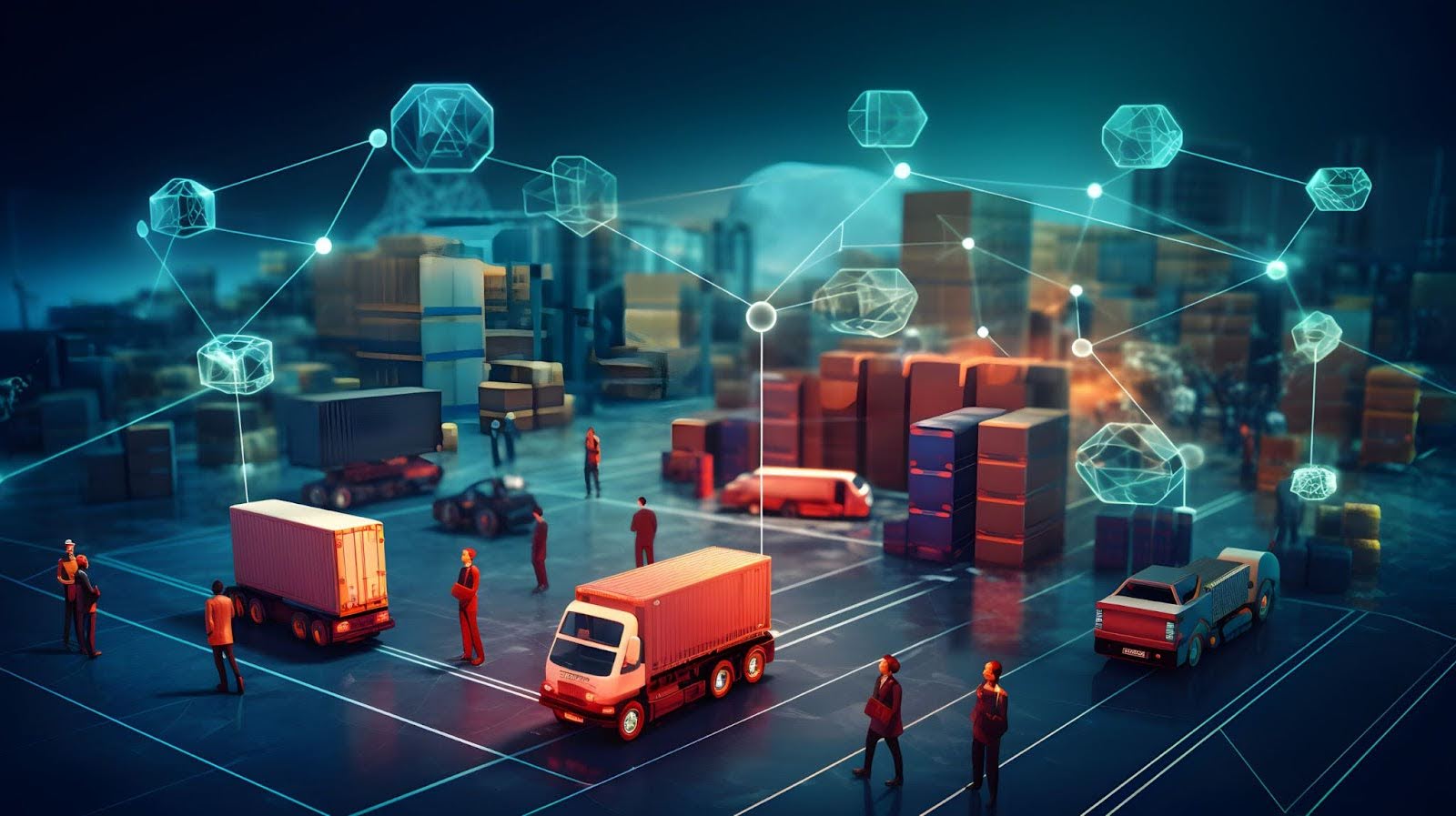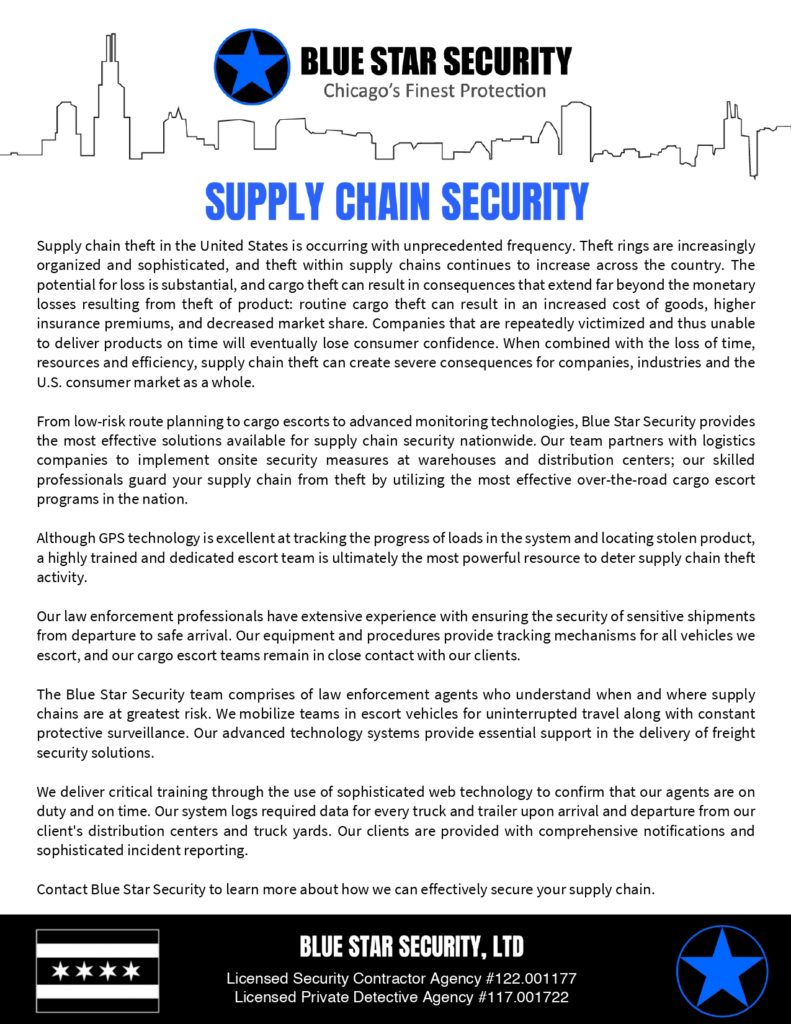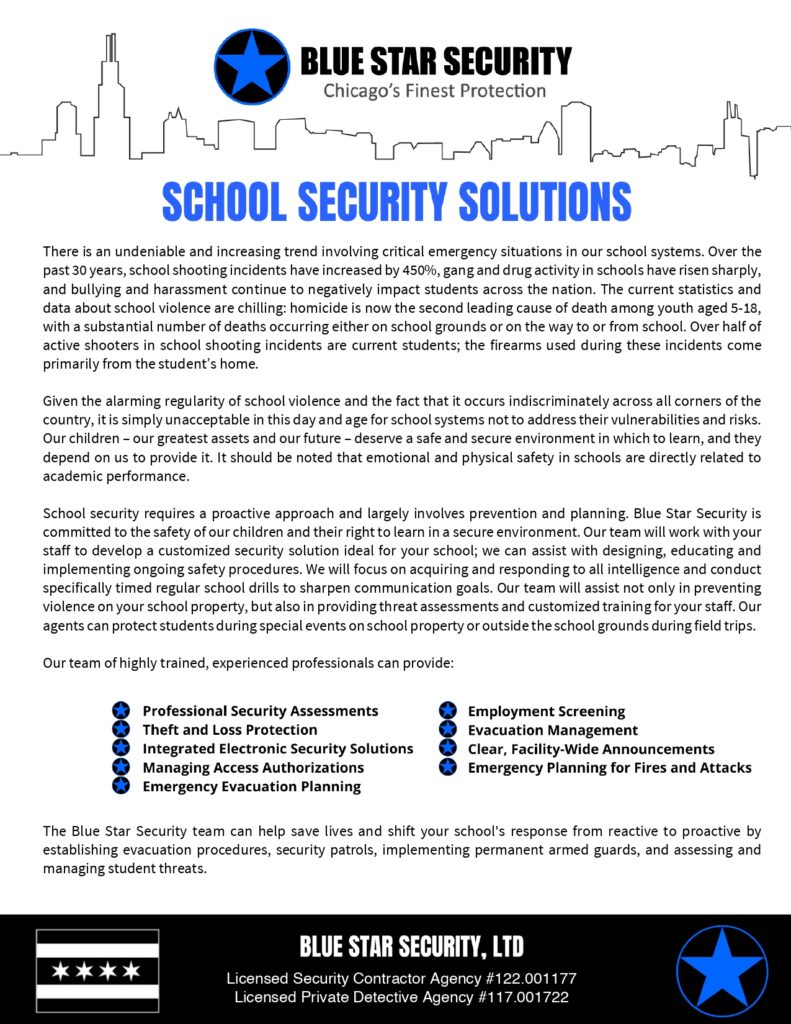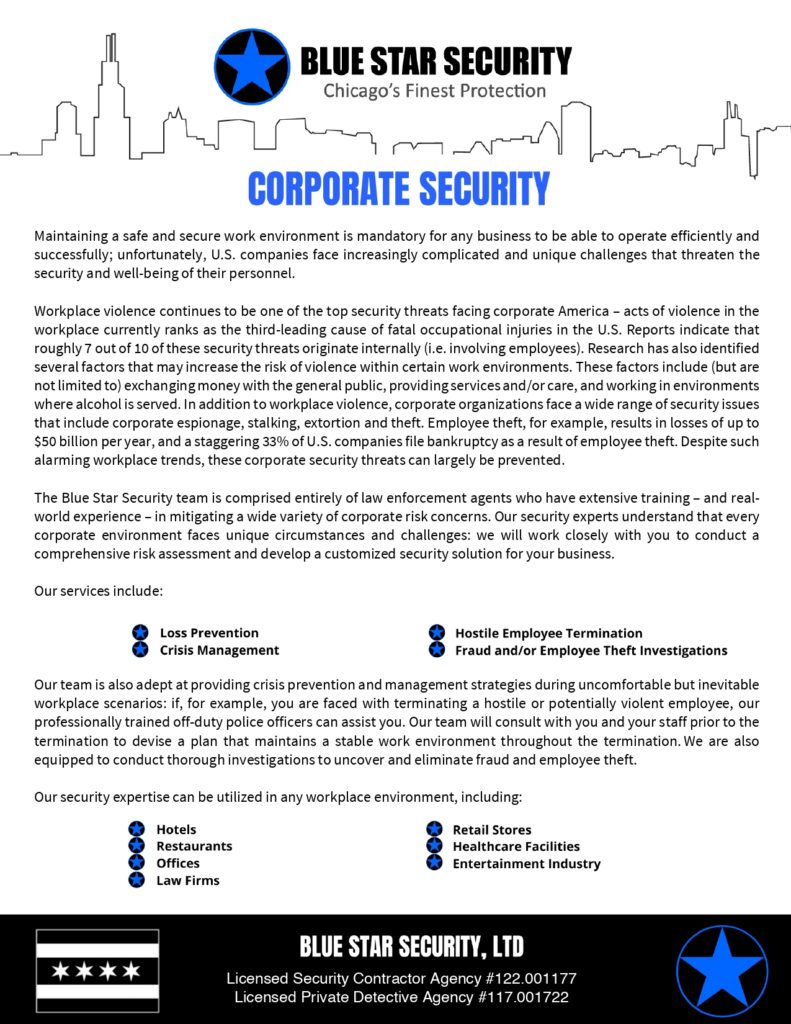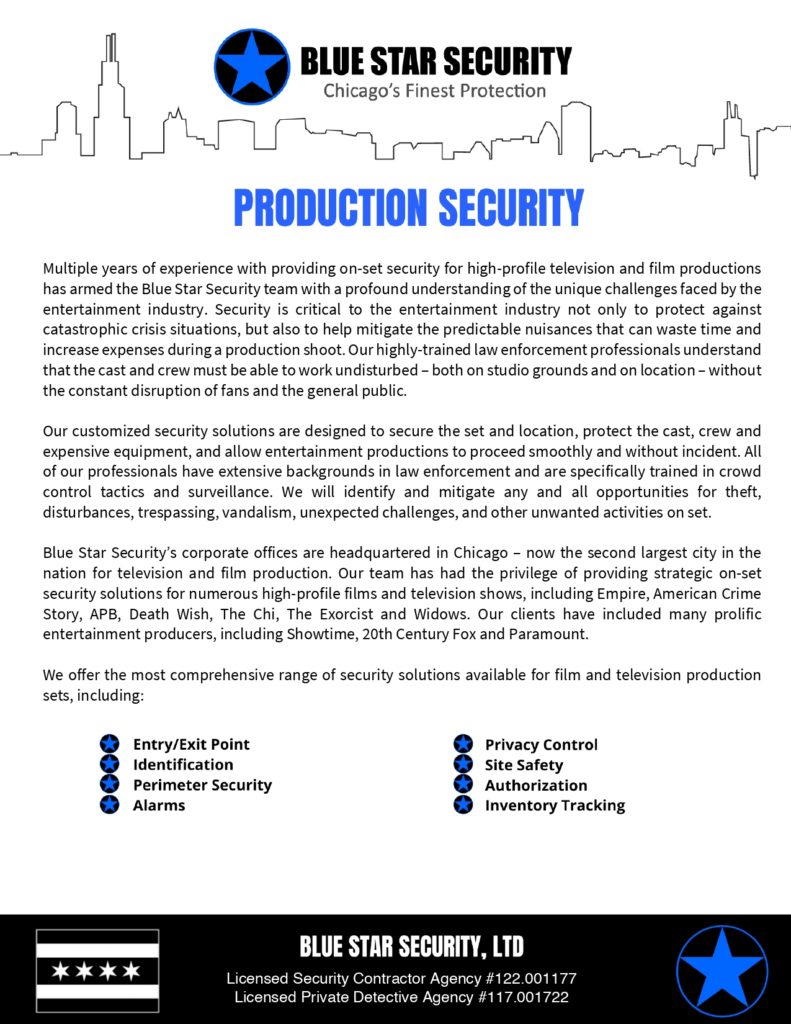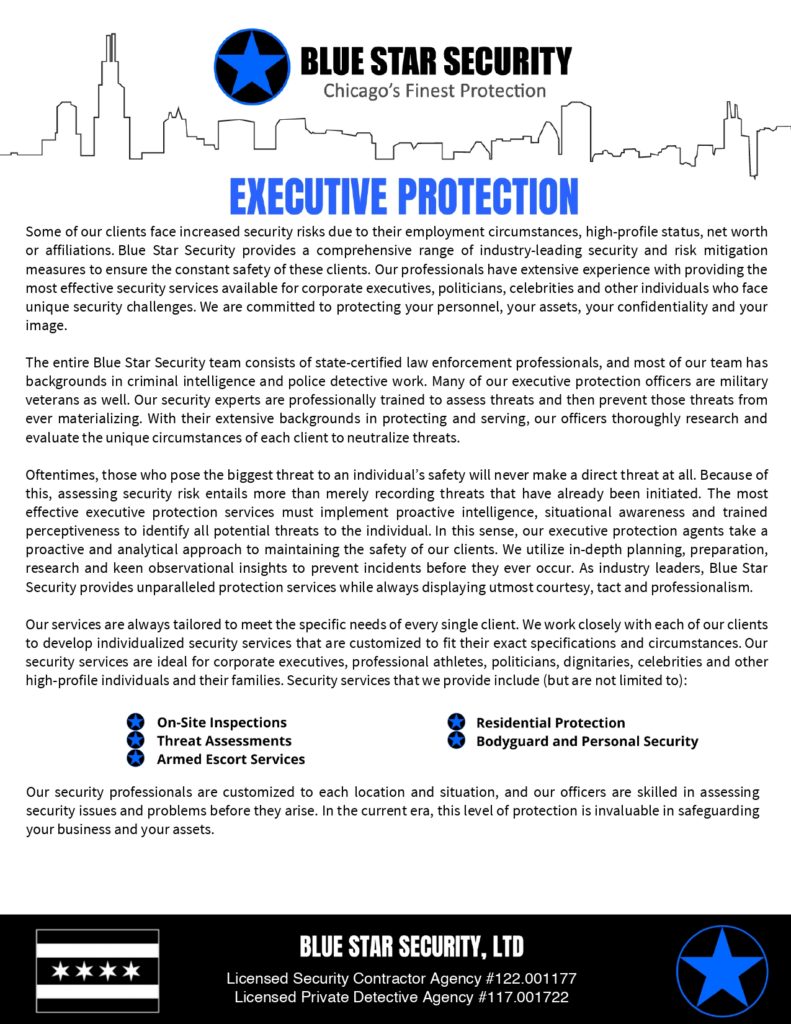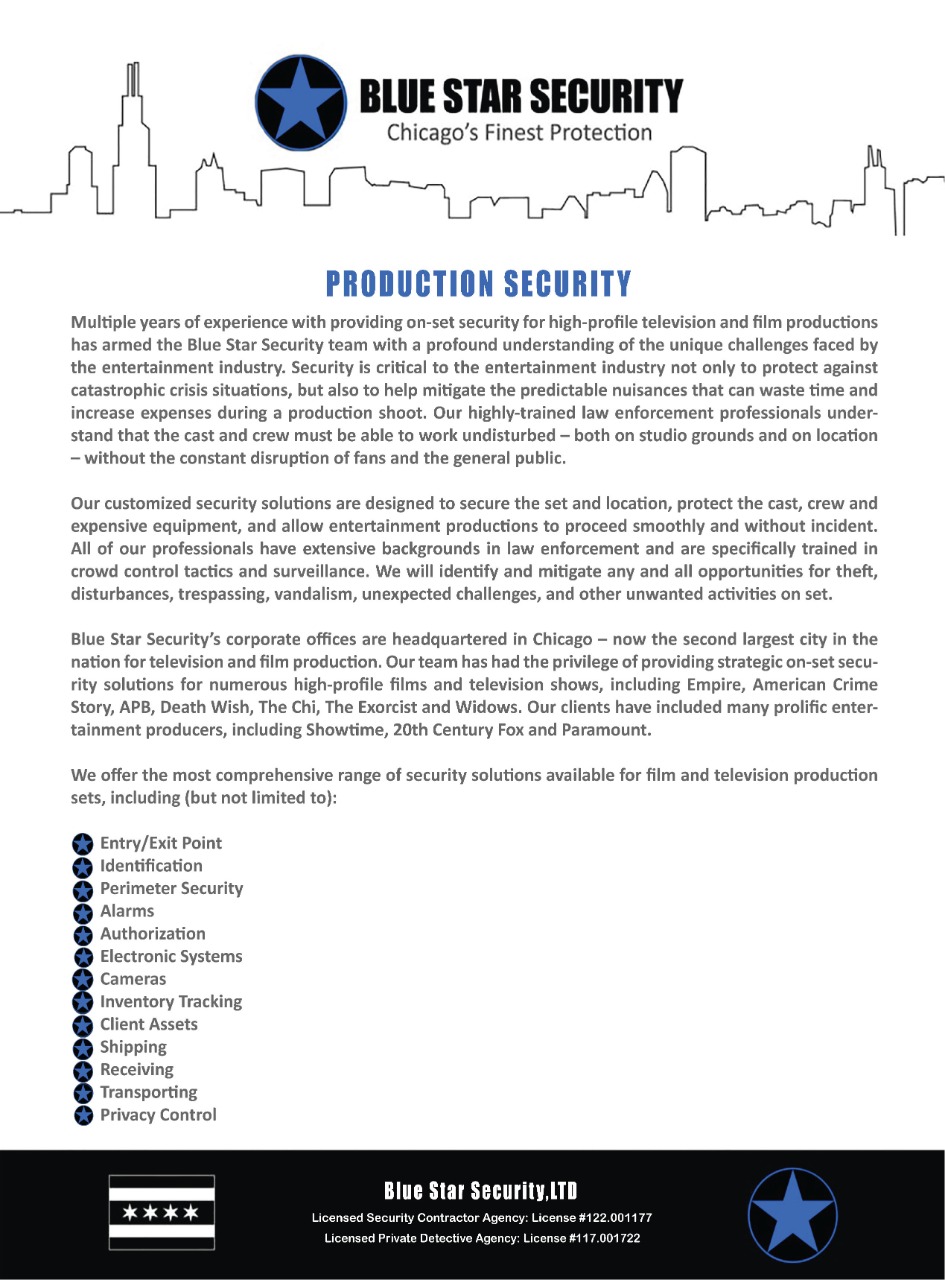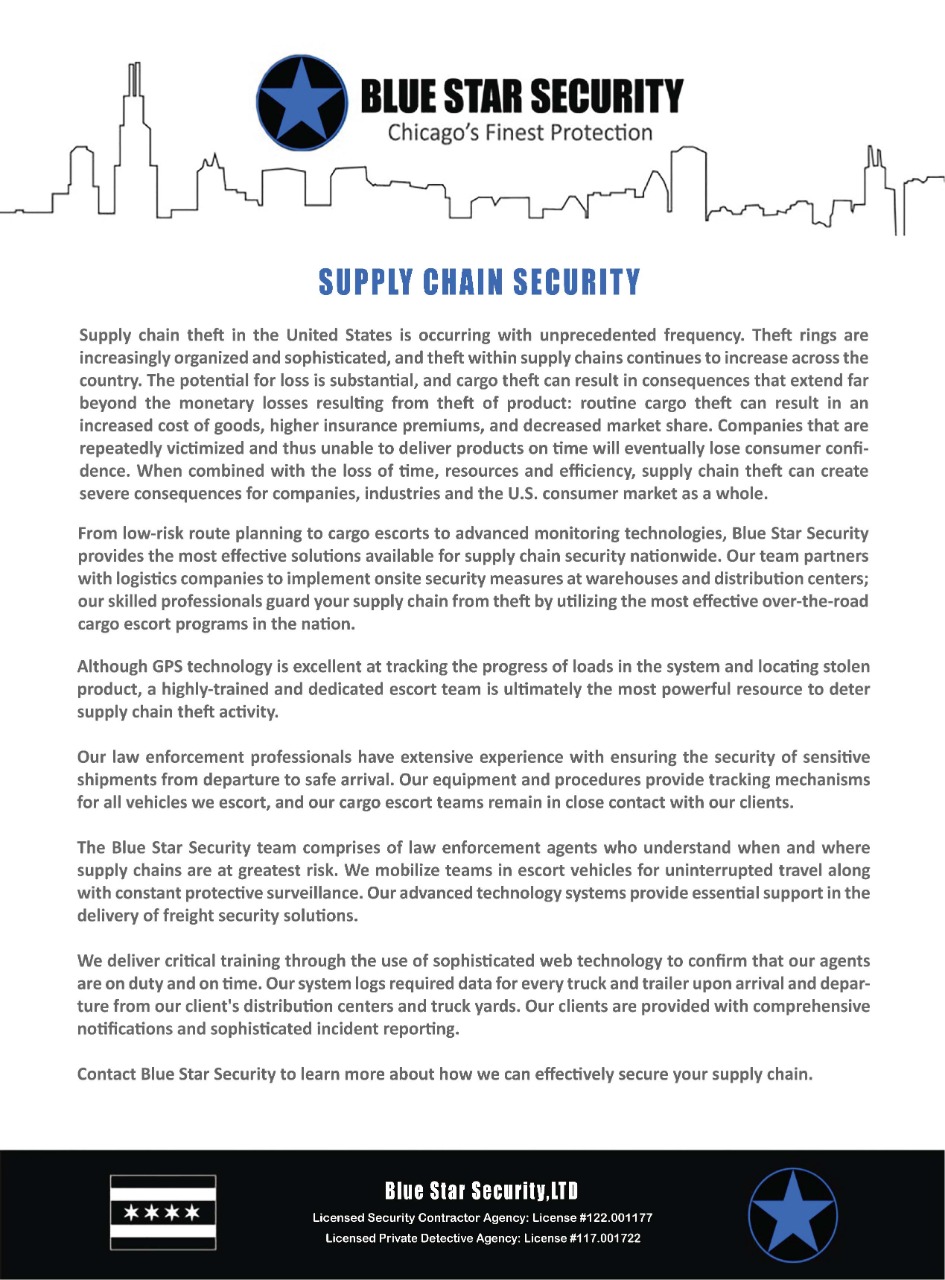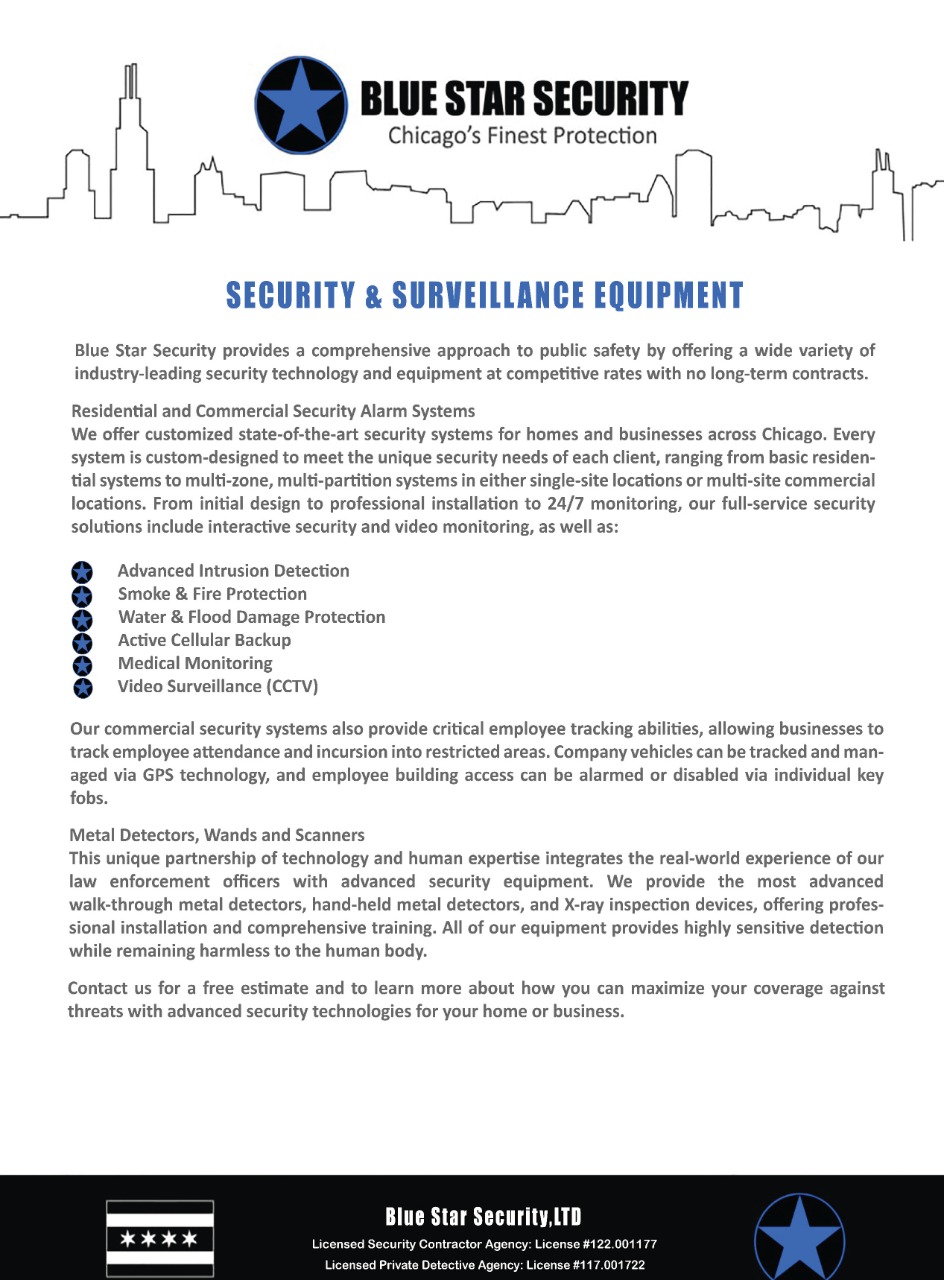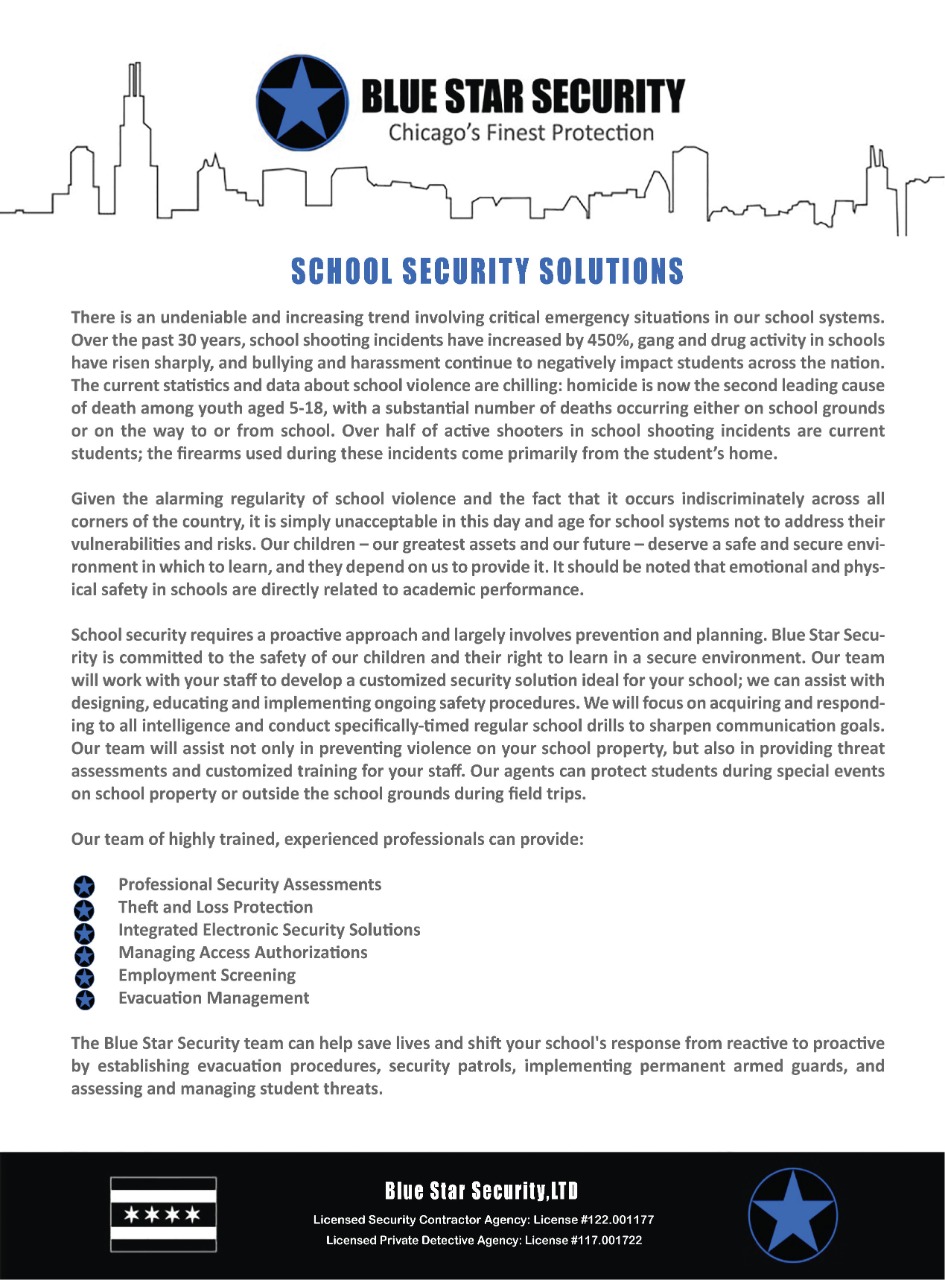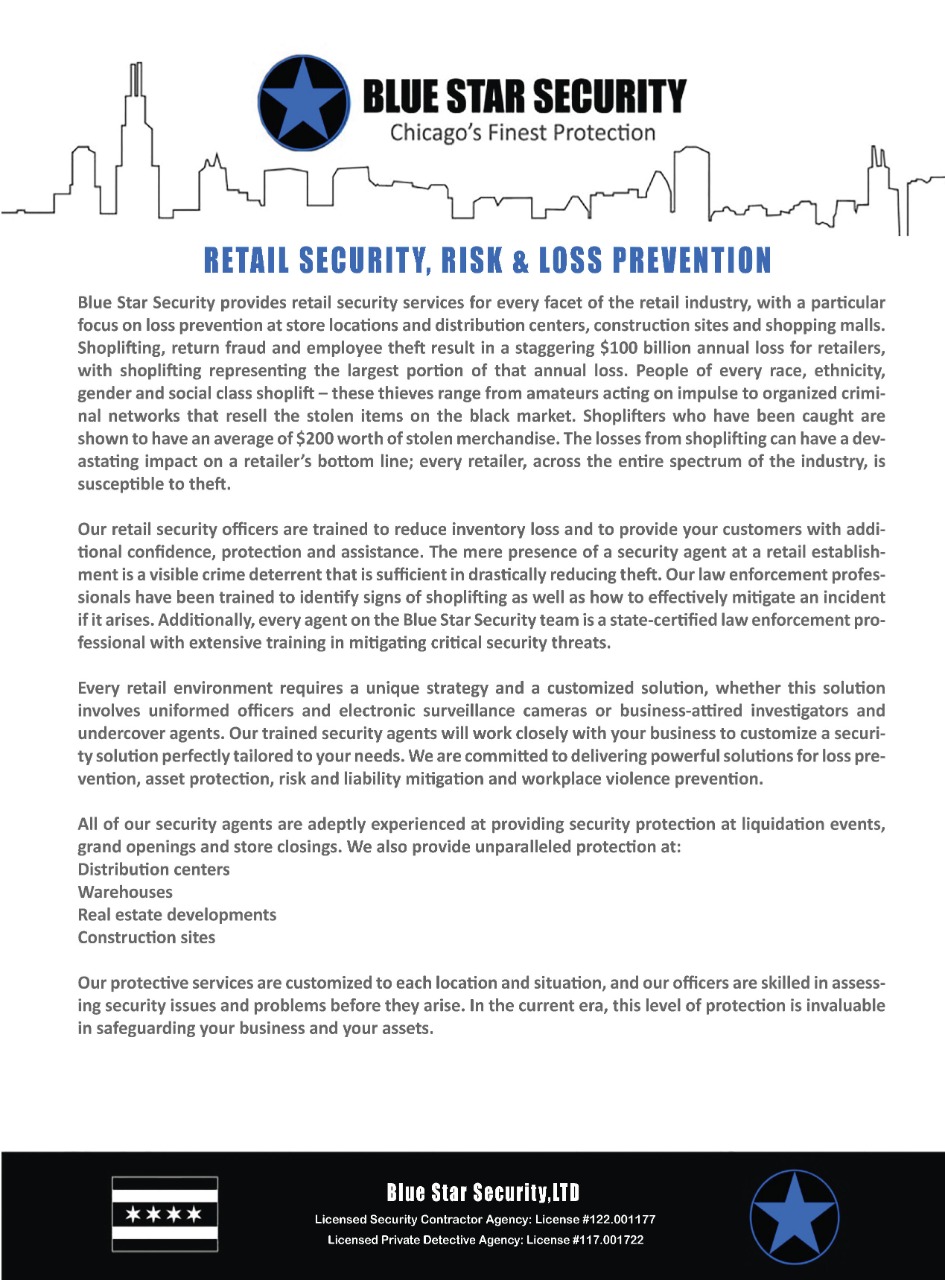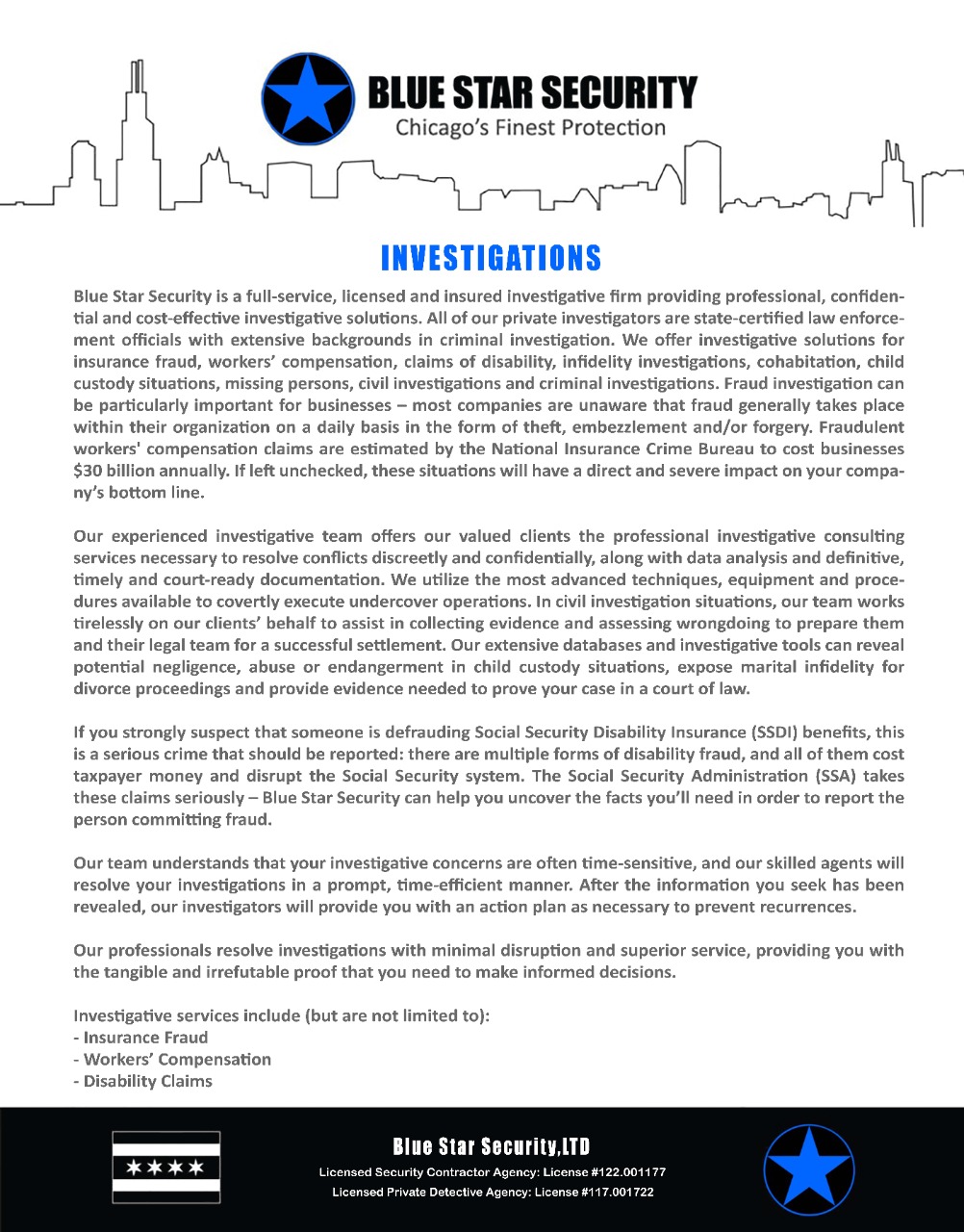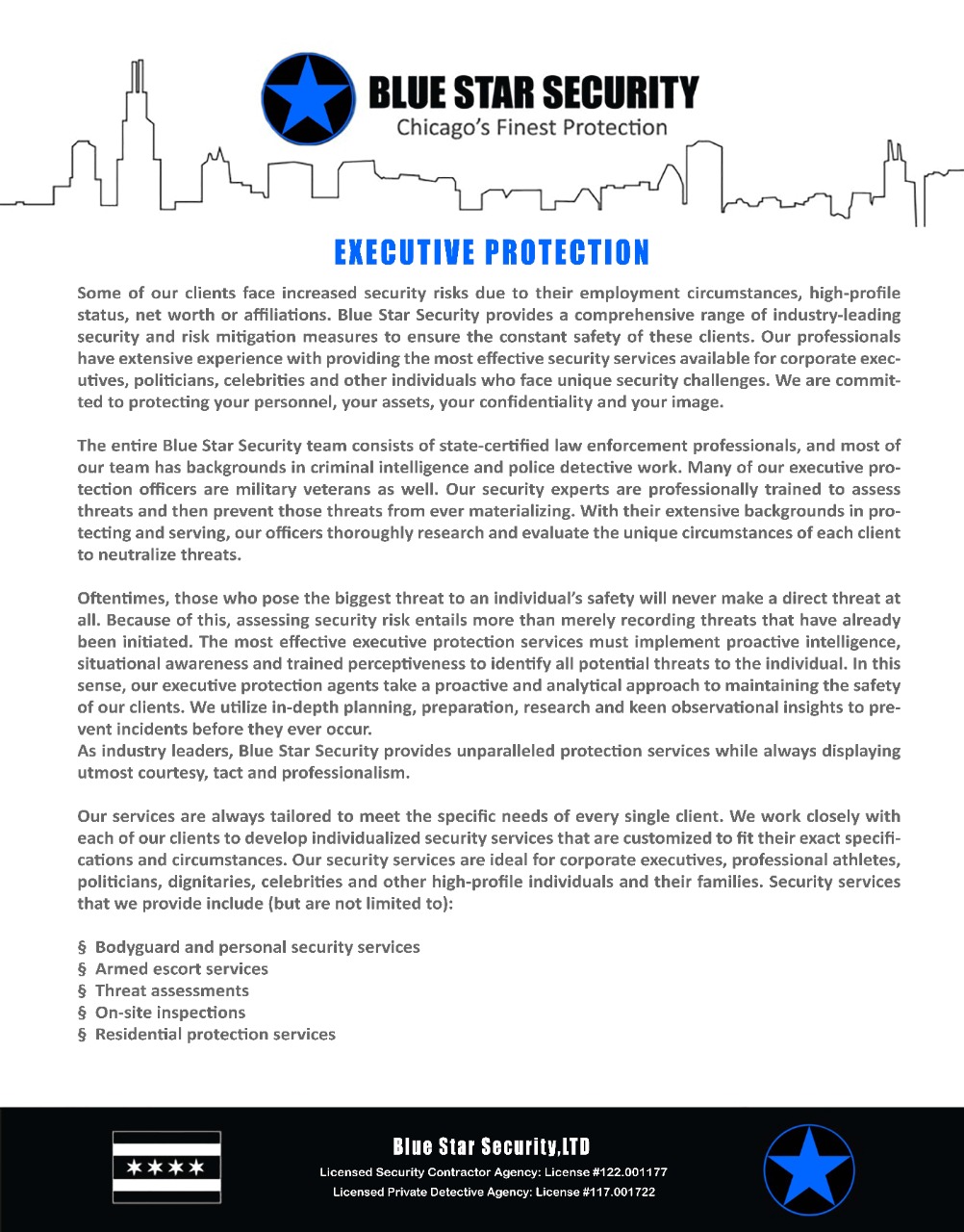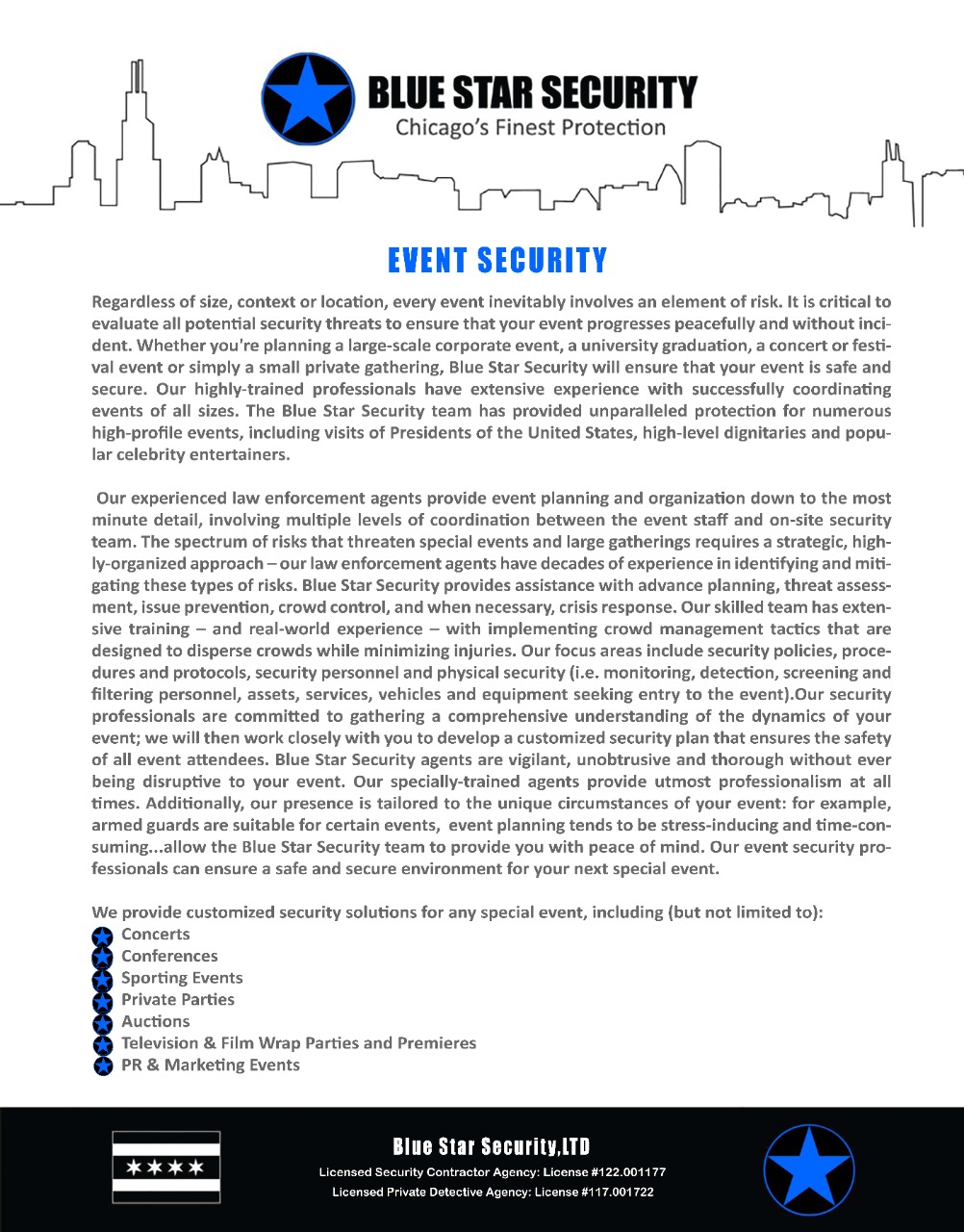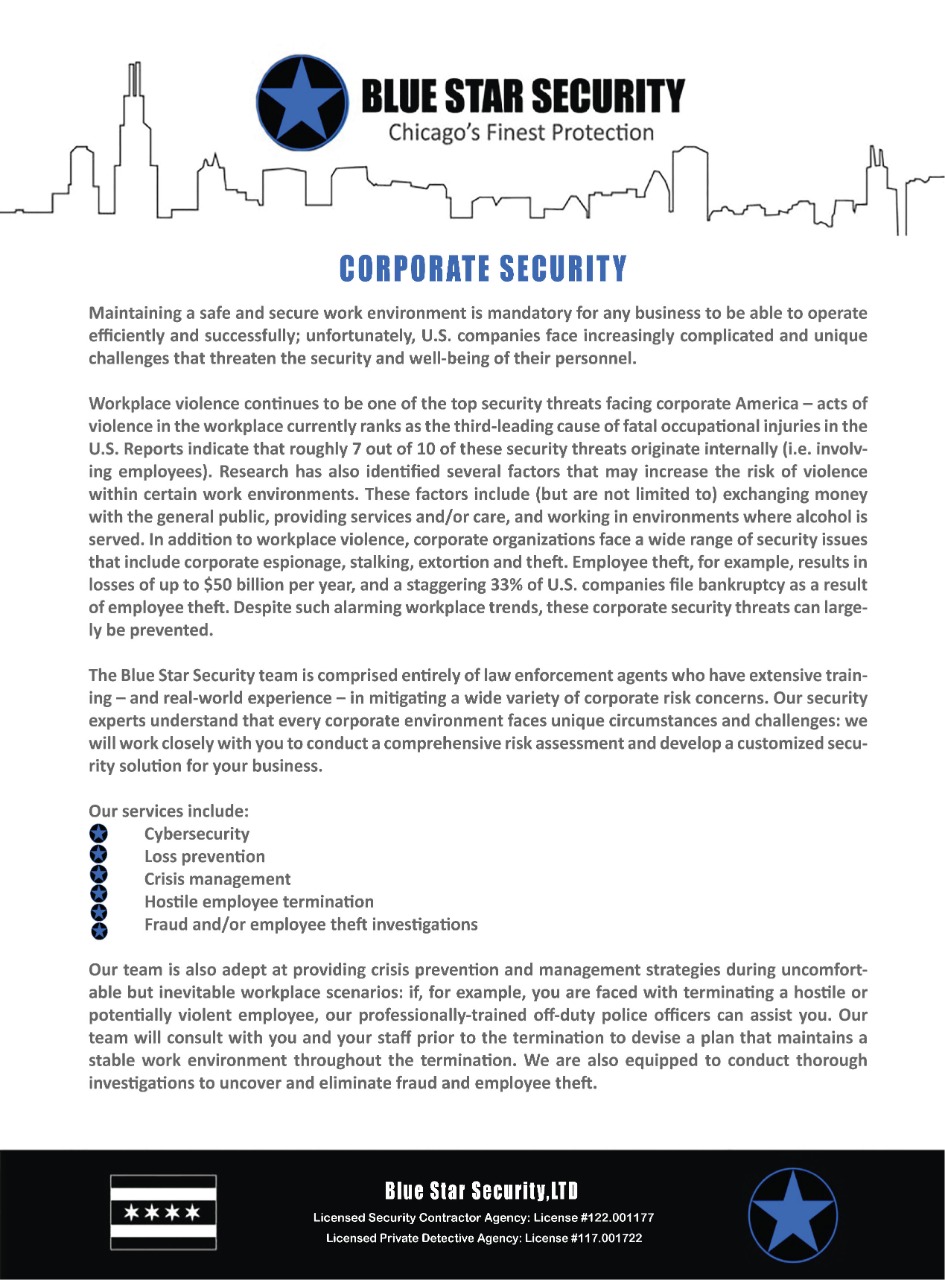In today’s interconnected world, supply chains are the lifeblood of global commerce. They link manufacturers to consumers, moving goods across vast distances, often spanning multiple countries and continents. While this intricate web of logistics and transportation is a marvel of modern engineering, it also presents significant security challenges. With global supply chains becoming more complex, the importance of securing these networks cannot be overstated.
Why Supply Chain Security Matters
Supply chain security is critical for businesses of all sizes. At its core, it involves protecting the movement of goods from origin to destination, ensuring that products arrive safely, on time, and in their intended condition. A breach in this process can result in significant financial losses, reputational damage, and even legal liabilities.
One of the most pressing reasons for robust supply chain security is the sheer scale of modern supply chains. In a globalized economy, goods may pass through multiple hands, countries, and modes of transportation. Each link in the chain represents a potential vulnerability, and if one part fails, the entire system can be compromised.
Moreover, supply chains are increasingly targeted by criminals and other threats. The rise of theft, counterfeiting, and terrorism has made supply chain security a top priority for businesses. In fact, according to recent studies, nearly half of all companies have experienced some form of supply chain disruption in the past two years. These disruptions can range from minor delays to catastrophic losses, depending on the severity of the breach.
Key Risks and Challenges in the Global Landscape
Understanding the risks and challenges that face today’s supply chains is essential for developing effective security strategies. Here are some of the most critical issues businesses need to be aware of:
- Theft and Counterfeiting: Physical theft remains a significant concern, particularly for high-value goods. Criminals target warehouses, transport vehicles, and even retail locations to steal products for resale on the black market. Counterfeiting is another growing problem, where fake goods are introduced into the supply chain, potentially harming consumers and damaging brand reputations. These threats are not limited to any one industry; everything from electronics to pharmaceuticals is at risk.
- Geopolitical Instability: The global nature of supply chains means they are often at the mercy of geopolitical events. Trade wars, tariffs, and sanctions can all disrupt the flow of goods, leading to delays and increased costs. Additionally, conflicts and political instability in key regions can make transportation routes unsafe or impassable, further complicating logistics.
- Natural Disasters: Earthquakes, hurricanes, floods, and other natural disasters can have devastating effects on supply chains. These events can damage infrastructure, halt production, and delay shipments, leading to significant financial losses. While natural disasters are unpredictable, businesses can mitigate their impact by developing contingency plans and diversifying their supply chains.
- Regulatory Compliance: As governments around the world introduce stricter regulations, businesses must ensure their supply chains comply with all relevant laws and standards. Non-compliance can result in fines, legal action, and damage to a company’s reputation. Keeping up with changing regulations, particularly in multiple countries, is a complex but necessary task for supply chain security.
The Cost of Inadequate Security
Failing to secure a supply chain can be incredibly costly. Beyond the immediate financial losses from theft or disruption, businesses also risk long-term damage to their reputation. In today’s information age, news of a security breach can spread quickly, eroding customer trust and loyalty. For some companies, the reputational damage can be more devastating than the initial loss.
Additionally, businesses may face legal repercussions if they fail to protect their supply chains adequately. This is particularly true in industries where safety and quality are paramount, such as pharmaceuticals, food, and electronics. In such cases, a breach can lead to lawsuits, recalls, and regulatory penalties, further compounding the financial impact.
Proactive Measures for Supply Chain Security
Given the significant risks, businesses must take a proactive approach to supply chain security. This involves not only protecting physical assets but also ensuring compliance with regulatory standards. Here are some key strategies for improving supply chain security:
- Risk Assessment: The first step in securing a supply chain is to conduct a thorough risk assessment. This involves identifying potential vulnerabilities at each stage of the supply chain, from suppliers to transportation and distribution. Once risks are identified, businesses can develop targeted strategies to mitigate them.
- Technology Integration: Leveraging technology is essential for modern supply chain security. This includes using advanced tracking systems and utilizing data analytics to monitor and predict potential threats. For example, tracking technology can provide a secure and transparent way to monitor goods throughout the supply chain, reducing the risk of tampering or fraud.
- Employee Training: Human error is a common cause of security breaches, which is why employee training is critical. Workers should be educated on the importance of supply chain security, how to recognize potential threats, and the procedures to follow in the event of a breach. Regular training sessions can help keep security top-of-mind for all employees.
- Supplier Collaboration: A secure supply chain requires collaboration between all parties involved, including suppliers, transportation providers, and distributors. Businesses should work closely with their partners to ensure that security measures are consistent across the entire supply chain. This might involve sharing best practices, conducting joint risk assessments, and developing shared security protocols.
- Contingency Planning: Even with the best security measures in place, disruptions can still occur. That’s why it’s essential to have a contingency plan in place. This plan should outline the steps to take in the event of a breach, including communication protocols, alternative transportation routes, and backup suppliers. Having a plan in place can help minimize the impact of a disruption and ensure business continuity.
Blue Star Security’s Supply Chain Security Services
At Blue Star Security, we understand the complexities and challenges of securing global supply chains. With years of experience in the field, our team of experts is equipped to protect your business from the many risks that threaten modern supply chains. Whether it’s safeguarding against theft, mitigating the impact of geopolitical instability, or ensuring compliance with regulatory standards, we offer comprehensive solutions tailored to your specific needs.
Our services include advanced tracking and monitoring systems, risk assessments, and customized security plans designed to protect every link in your supply chain. We also provide ongoing training for your employees and collaborate closely with your suppliers to ensure that security protocols are maintained at every stage of the process.
By partnering with Blue Star Security, you gain the peace of mind that comes from knowing your supply chain is secure. We are committed to helping you navigate the complexities of today’s global market, so you can focus on what you do best—growing your business.
In a world where supply chain security is more critical than ever, Blue Star Security is your trusted partner in safeguarding your operations. Contact us today to learn more about how we can help protect your supply chain and ensure the smooth, secure movement of your goods across the globe.
Reach out to discuss a customized plan for the security of your supply chain. Call us at 708-669-7470 or contact us online.
Learn more about our supply chain security services at https://bluestarsecurityllc.com/services/supply-chain-security/

